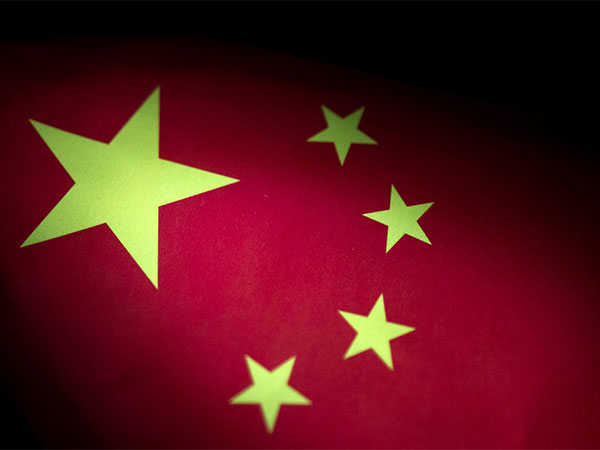China’s Balancing Act: Navigating the Middle East Chessboard
Israel relies on the US for security amidst a global trend of nations balancing economic ties with China. China's focus on East Asia limits its influence in the Middle East. Historically benefiting from regional conflicts, China now seeks alignment with the Global South, countering US narratives.

- Country:
- China
Nations worldwide are increasingly caught between engaging with China for economic reasons and relying on the US for security, a trend reflected in their foreign policy strategies, as reported by Asia Times on Saturday. However, Israel stands apart due to its prioritization of security partnerships, heavily leaning on US support amid its regional conflicts.
China remains unable to replace the US as Israel's steadfast ally due to a lack of security commitments in the Middle East. While interested in greater regional influence, China's focus remains on East Asia, with its political framework and lack of a Jewish diaspora reducing its ability to engage with Israel effectively.
In the aftermath of the October 7 attacks by Hamas, China's non-committal stance and criticisms directed at Israel have strained bilateral ties. This comes as China's global strategy seeks to align with nations sharing grievances against the US, attempting to reshape the global power dynamic in its favor.
(With inputs from agencies.)
- READ MORE ON:
- China
- US
- Israel
- Middle East
- security
- economic ties
- global power
- Hamas
- East Asia
- geopolitical
ALSO READ
Ukraine and NATO Align: Security Talks Amid War Uncertainties
US Officials Eye Ban on TP-Link Over Cybersecurity Threats
Vietnam Strengthens Global Security Ties
Resilience Strategies for Combating Food Insecurity Amid Climate Risks in Afghanistan
Manipur's Protective Measures: Navigating Security and Foreign Movements










